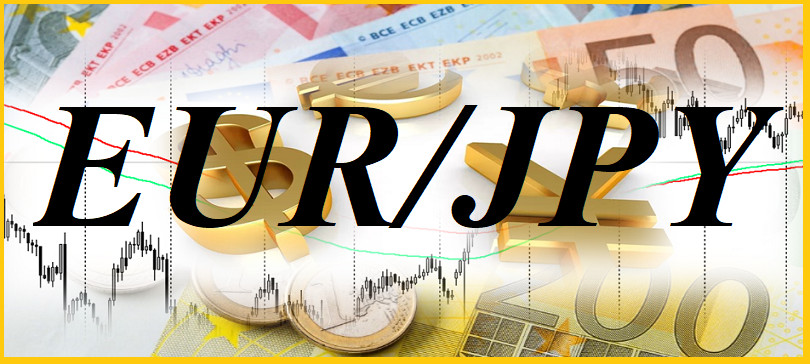EUR/JPY belongs to the category of "cross-pairs" and shows how many units of the national currency of Japan (yen) you need to pay for one euro, which is the legal tender of 17 EU countries (at the beginning of 2017) that are part of the eurozone. The base currency in the EUR/JPY pair is the euro. This means that the commodity in the EUR/JPY pair is the euro, and the Japanese yen is the second currency in the pair, with which the base currency (the euro) is bought. By themselves, the euro and the yen are included in the IMF basket, which consists of five major world currencies (in descending order): US dollar, euro, yuan, yen, and pound. At the same time, the euro and the yen are the world's reserve currencies.
Features of trading the EUR/JPY pair
1. The EUR/JPY pair is one of the most popular among traders. Both the Japanese yen and the euro are highly liquid currencies. Almost at any time for each of them there will be both bulls and bears. The EUR/JPY pair is actively traded throughout the trading day. The highest peak of trading activity on the EUR/JPY pair and the largest trading volumes fall on the Asian session and the European session.
2. Despite the fact that the Japanese yen is one of the "cheapest" among the world's major currencies due to the extra loose monetary policy pursued by the Bank of Japan, the yen has the status of a safe-haven currency and is in high demand in financial markets during periods of political or economic instability. Also, when trading the yen, it is necessary to take into account some specific features related to financial and economic activities within Japan, for example, the end of the financial year, which falls on March 31. As a funding currency, the yen has a high inverse correlation with the Japanese stock index Nikkei Stock Average, which must also be taken into account when trading.
3. Euro is legal tender in the European Union countries, as well as in some other countries and territories, such as Monaco, San Marino and others. The euro, like the yen, is the funding currency, primarily of the European stock market. Therefore, sales on European stock markets lead to an increase in demand for the euro and an increase in its quotes on the foreign exchange market.
4. Japan's economy is the third largest in the world. Its share in world GDP is 5.0%. At the same time, Japan is one of the most energy-dependent countries. Therefore, a fairly noticeable inverse correlation of the yen is observed with the prices of oil and other energy carriers, as well as with commodity currencies, such as, for example, the Canadian, Australian, New Zealand dollars.
5. The surge in trading volatility for the EUR/JPY pair falls, in addition to the release of news of a political nature, during the publication of important macroeconomic indicators for the eurozone, Japan and the USA, as well as news from the oil market. The following macroeconomic factors and indicators give the greatest volatility to the EUR/JPY pair:
- Decisions of the central banks of the eurozone, Japan, the United States regarding monetary policy in these countries,
- Speeches by the heads of the ECB, the Fed, the Bank of Japan,
- Release of minutes from the latest meetings of the ECB, the Fed, the Bank of Japan on monetary policy issues,
- Data from the labor market of the eurozone, Japan, USA,
- GDP data for Eurozone, Japan, USA,
- Release of inflationary figures for the eurozone, Japan, USA.
Strong macroeconomic data in Japan or the eurozone lead to the strengthening of the yen or the euro, respectively, as they contribute to the growth of "tough sentiment" of the central banks of Japan or the eurozone regarding an increase in the interest rate. And this is a positive factor for the national currency, which leads to an increase in its value.
6. The intraday volatility of the EUR/JPY pair fluctuates in different periods of the year. On average, it is 130-150 points, but it can rise sharply during periods of release of important macroeconomic indicators for the eurozone, Japan, the United States, as well as for their trade and economic partners, primarily China.
7. Having the status of a safe-haven asset, the yen has a fairly strong direct correlation with gold, and the EUR/JPY pair, respectively, has an inverse correlation with the XAU/USD pair of about 90%. Also, a high correlation in the EUR/JPY pair is observed with the CHF/JPY (93%), EUR/AUD (82%) pairs, and the opposite - with the XAG/USD (85%), XAU/EUR (91%) pairs.






















